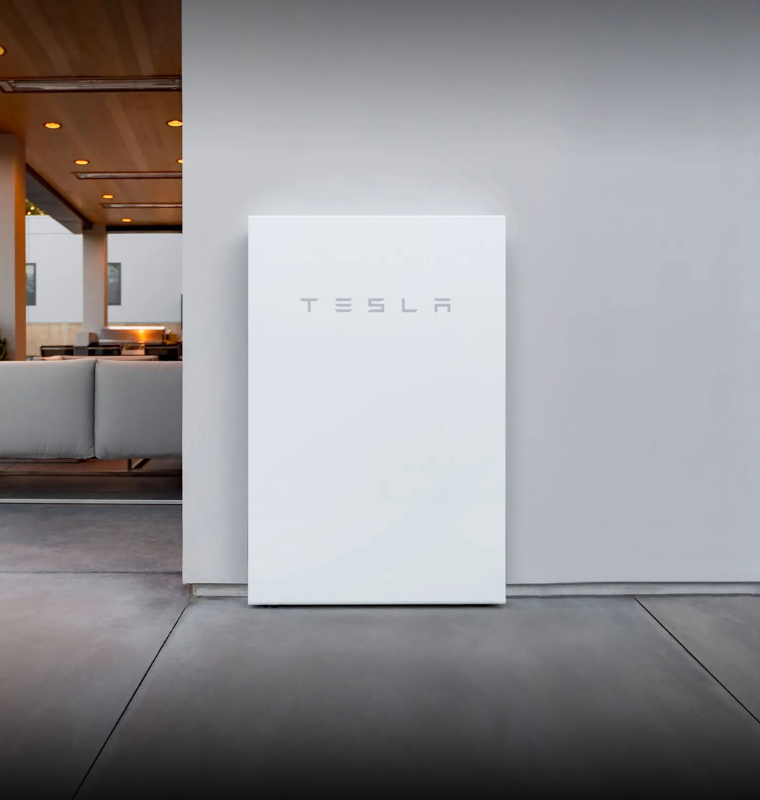European Markets Dip Ahead of Macron’s New Prime Minister Decision
European Markets Dip Ahead of Macron’s New Prime Minister Decision
By
Rachel Steinberg
Last updated:
October 9, 2025
First Published:
October 9, 2025

Photo: The New York Times
European markets are set to open lower on Thursday, as investors turn their attention once again to Paris following confirmation that French President Emmanuel Macron will appoint a new prime minister within 48 hours, a move that could reshape France’s political and fiscal outlook.
According to early data from IG Group, London’s FTSE 100 is expected to open 0.5% lower, Germany’s DAX is seen hovering just below the flatline, France’s CAC 40 is forecast to fall 0.17%, and Italy’s FTSE MIB is set to slide 0.2%. The caution comes after a day of modest gains across European exchanges, buoyed by optimism over the European Union’s latest tariff adjustments on steel imports.
France’s Political Uncertainty Returns to Center Stage
France’s political drama is again dominating European headlines. Macron’s decision to replace Prime Minister Sébastien Lecornu, who resigned earlier this week, has injected uncertainty into markets already jittery over economic stagnation and fiscal tightening.
Lecornu had been tasked with negotiating with rival parties to resolve the parliamentary deadlock that has stalled major policy initiatives. After two days of talks, Lecornu said that “a path to stability exists,” noting that a majority of lawmakers opposed dissolving parliament—a move that would have triggered early elections.
Investors are now closely watching whether Macron appoints a technocrat or a more independent figure to replace Lecornu, with analysts suggesting that the choice will heavily influence fiscal priorities for the remainder of his presidency. According to French media, several names have surfaced as potential replacements, including Finance Minister Bruno Le Maire and Defense Minister Sébastien Lecornu, though Macron has remained tight-lipped.
The French bond market has already reacted cautiously. The yield on 10-year OATs (Obligations Assimilables du Trésor) rose slightly to 3.27%, reflecting investor nervousness about prolonged political instability.
European Tariff Policy Adds to Market Caution
Meanwhile, investors are still digesting the European Commission’s announcement that it will halve tariff-free quotas on imported steel and double tariffs to 50% on any excess imports. The move, designed to shield European producers from a flood of cheaper foreign steel—particularly from China and Turkey—sparked mixed reactions among industry leaders.
Economists note that the move may bolster domestic producers in the short term but could also raise input costs for construction and automotive manufacturers, two of the continent’s most trade-sensitive sectors. Shares in ArcelorMittal and Thyssenkrupp were both up more than 1.2% on Wednesday, signaling cautious optimism from European steelmakers.
Asian Markets Lifted by SoftBank’s AI Ambitions
Overnight in Asia, the spotlight was on SoftBank, whose shares surged as much as 13% after the Japanese conglomerate announced plans to acquire the robotics division of Swiss engineering firm ABB for $5.4 billion. The deal, one of the largest in SoftBank’s recent history, underscores its strategic pivot toward artificial intelligence and automation, as it seeks to rebound from years of volatile tech investments.
The broader Nikkei 225 edged up 0.8%, while Hong Kong’s Hang Seng Index climbed 0.6%, supported by renewed buying in tech and robotics sectors.
U.S. Stocks Continue to Push Record Highs
In the United States, investor sentiment remained upbeat as the S&P 500 futures edged higher on Wednesday evening. The benchmark index hit another record closing high, marking its eighth gain in the past nine sessions.
The Nasdaq Composite rose more than 1%, breaking the 23,000-point mark for the first time, driven by strength in technology and semiconductor stocks. The Dow Jones Industrial Average, however, closed marginally lower, weighed down by declines in industrial blue chips.
Nvidia, one of Wall Street’s most-watched stocks, rose over 2% after CEO Jensen Huang told CNBC that computing demand had “gone up substantially” this year, further fueling optimism about the company’s dominance in the AI sector.
Outlook: Investors Brace for Volatility
Analysts expect European markets to remain volatile in the coming days as traders assess both Macron’s leadership reshuffle and the economic ripple effects of EU trade measures. “Political uncertainty in France often spills over into broader European sentiment,” said Neil Wilson, chief market analyst at Finalto. “Until there’s clarity on the new prime minister and the fiscal direction, the CAC 40 is likely to remain under pressure.”
For now, investors are treading carefully. With energy prices steady, bond yields inching higher, and corporate earnings season nearing its peak, Europe’s short-term outlook hinges on how quickly France can restore confidence in its political and economic leadership.
Popular articles
Subscribe to unlock premium content
The Rise of Silent Walking Tours in Historic Cities

The Rise of Ultra-Niche Cooking Classes Focused on Historical or Regional Recipes

The Rise of One-Person Dining Experiences for Ultra-Introverts in Major Cities

The Rise of Silent Walking Tours in Historic Cities

The Rise of Ultra-Niche Cooking Classes Focused on Historical or Regional Recipes

The Rise of Silent Walking Tours in Historic Cities









